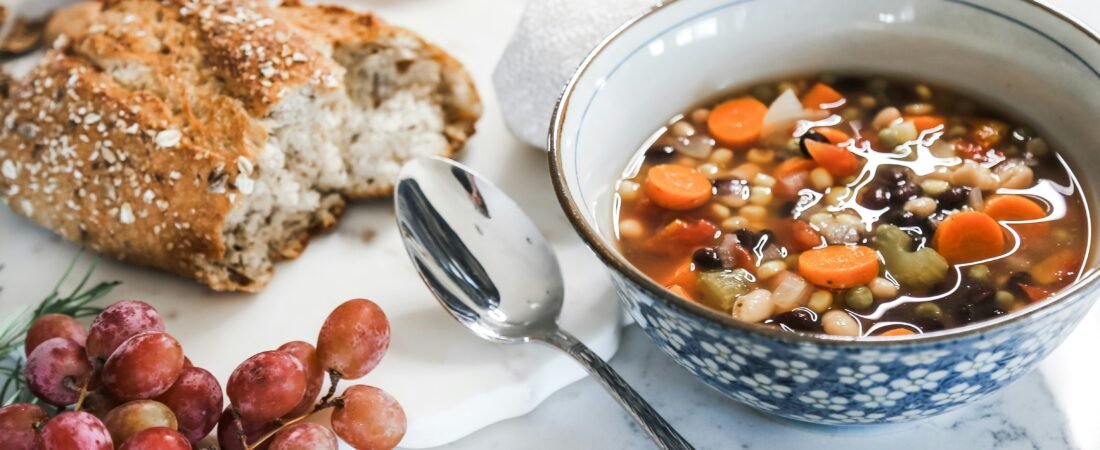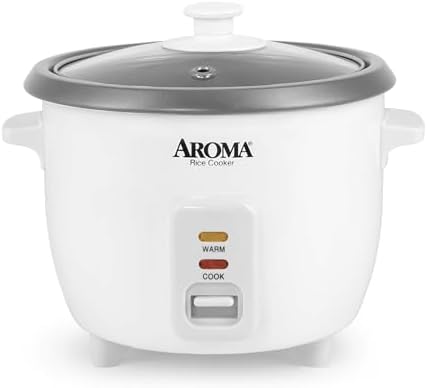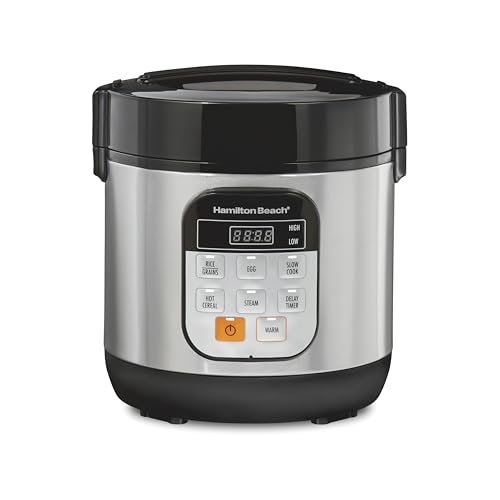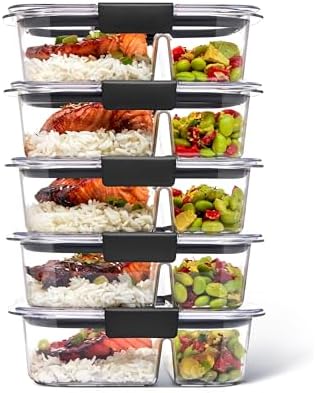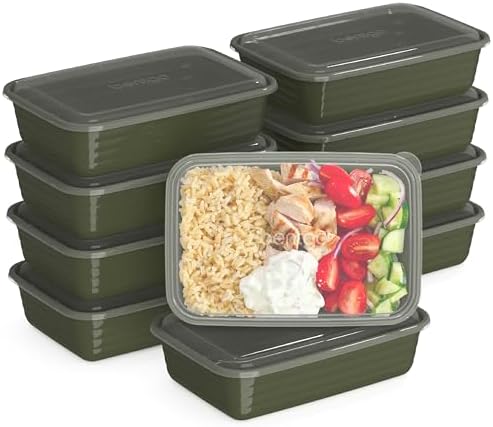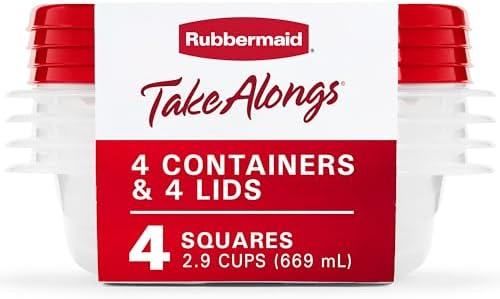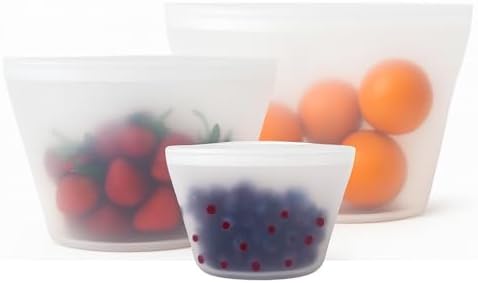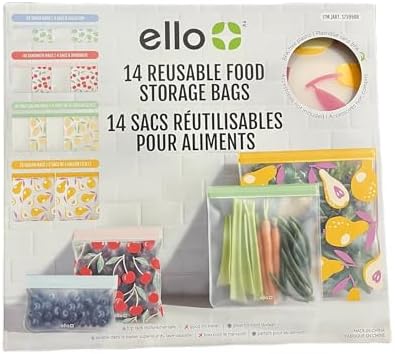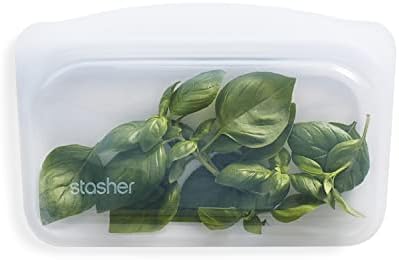Feeding a family of four on just $50 a week might sound impossible in today’s economy. With grocery prices climbing higher every month, many families are feeling the squeeze. But I’m here to tell you that with careful planning, smart shopping, and a few kitchen tricks, you can put nutritious, satisfying meals on the table without breaking the bank.
In this complete meal plan, I’ll show you exactly how to feed your family breakfast, lunch, and dinner for an entire week on a $50 budget. You’ll get a detailed shopping list, simple recipes that kids actually enjoy, and tips for making the most of every ingredient. I’ve also included some affordable Amazon kitchen tools that make budget cooking easier and more efficient.

Breaking Down the $50 Budget: Where Every Dollar Goes
Before diving into the meal plan, let’s look at exactly how we’re allocating our $50 budget. The key to success is prioritizing versatile, filling ingredients that can be used in multiple meals throughout the week.
| Category | Cost | Key Items |
| Proteins | $15 | Chicken thighs, eggs, canned tuna, dried beans |
| Grains | $8 | Rice, pasta, oats, flour |
| Vegetables | $12 | Potatoes, carrots, onions, frozen mixed vegetables |
| Dairy | $7 | Milk, cheese, yogurt |
| Pantry Staples | $8 | Oil, pasta sauce, peanut butter, spices |
Shopping Tip: Prices are based on national averages at budget grocery stores like Aldi, Walmart, and local discount markets. Prices may vary by location, but the principles of this plan work anywhere.
5 Essential Tips for Successful Budget Meal Planning
Before we dive into the daily meal plan, here are some crucial strategies that make this $50 budget work:
Shop your pantry first. Before making your shopping list, take inventory of what you already have. This meal plan assumes you have basic spices (salt, pepper, garlic powder) and cooking oil.
Buy versatile ingredients. Every item in this plan is used in multiple meals. For example, potatoes appear in breakfasts, lunches, and dinners throughout the week.
Embrace batch cooking. Cook once, eat twice (or more). You’ll notice several meals build on each other to save time and energy.
Portion control matters. Serve appropriate portions to ensure food stretches through the week. Use a kitchen scale like this affordable digital scale to help with portioning.
Reduce food waste. Plan to use every part of your ingredients. Vegetable scraps can make broth, stale bread becomes croutons, and chicken bones create stock for soup.
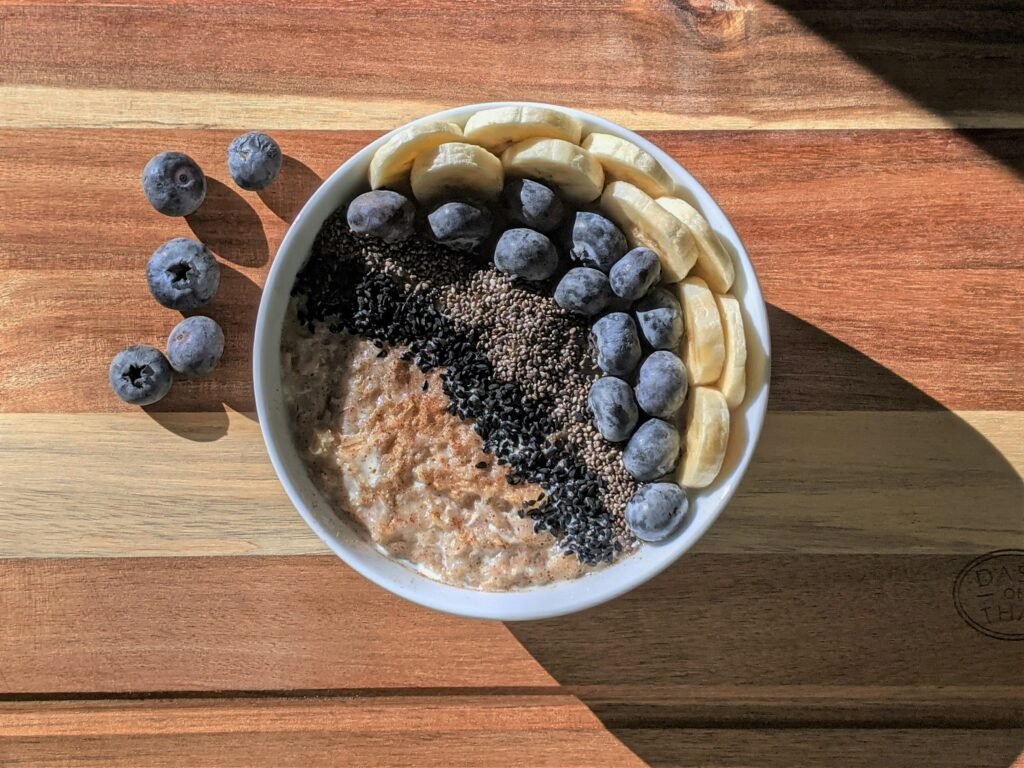
7-Day $50 Meal Plan for a Family of Four
Here’s your complete meal plan for the week. Each day includes breakfast, lunch, and dinner with simple, kid-friendly recipes that maximize your budget ingredients.
Day 1: Sunday
Breakfast: Hearty Oatmeal with Bananas
Start your week with filling oatmeal topped with sliced bananas. Cook 2 cups of oats with 4 cups of water and a pinch of salt. Serve with a drizzle of honey if you have it on hand.
Lunch: Tuna Salad Sandwiches
Mix 2 cans of tuna with diced onions and a little mayo. Serve on bread with lettuce if available. Pair with carrot sticks for extra nutrition.
Dinner: Whole Roasted Chicken with Potatoes
Roast a whole chicken ($7) with quartered potatoes, carrots, and onions. Season with salt, pepper, and any herbs you have on hand. Tip: Save the bones for making stock later in the week!
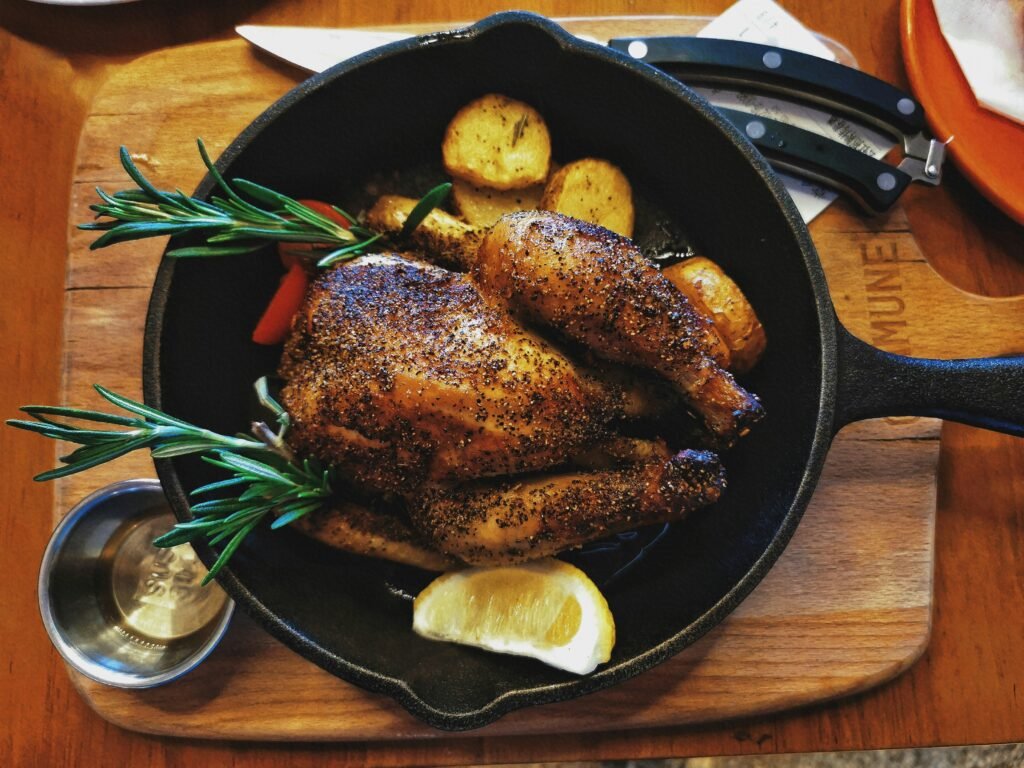
Day 2: Monday
Breakfast: Egg & Potato Hash
Dice leftover roasted potatoes and fry with 4 eggs. Season with salt and pepper. Quick, filling, and uses leftovers efficiently.
Lunch: Chicken Wraps
Use leftover chicken from Sunday’s dinner, shredded and mixed with a little mayo. Wrap in tortillas with any available veggies.
Dinner: Chicken and Rice Soup
Make stock from the chicken bones by simmering with vegetable scraps. Strain and add diced carrots, onions, leftover chicken, and 1 cup of rice. Season with salt, pepper, and garlic powder.
Day 3: Tuesday
Breakfast: Yogurt with Oats
Mix plain yogurt with a handful of dry oats and any fruit you have on hand. Let sit for 5 minutes to soften the oats.
Lunch: Bean and Cheese Quesadillas
Spread refried beans (made from your dried beans) on tortillas, sprinkle with cheese, fold and cook until crispy. Serve with carrot sticks.
Dinner: Pasta with Tomato Sauce
Cook 1 pound of pasta according to package directions. Heat jarred pasta sauce and add any leftover vegetables you have. Sprinkle with cheese before serving.
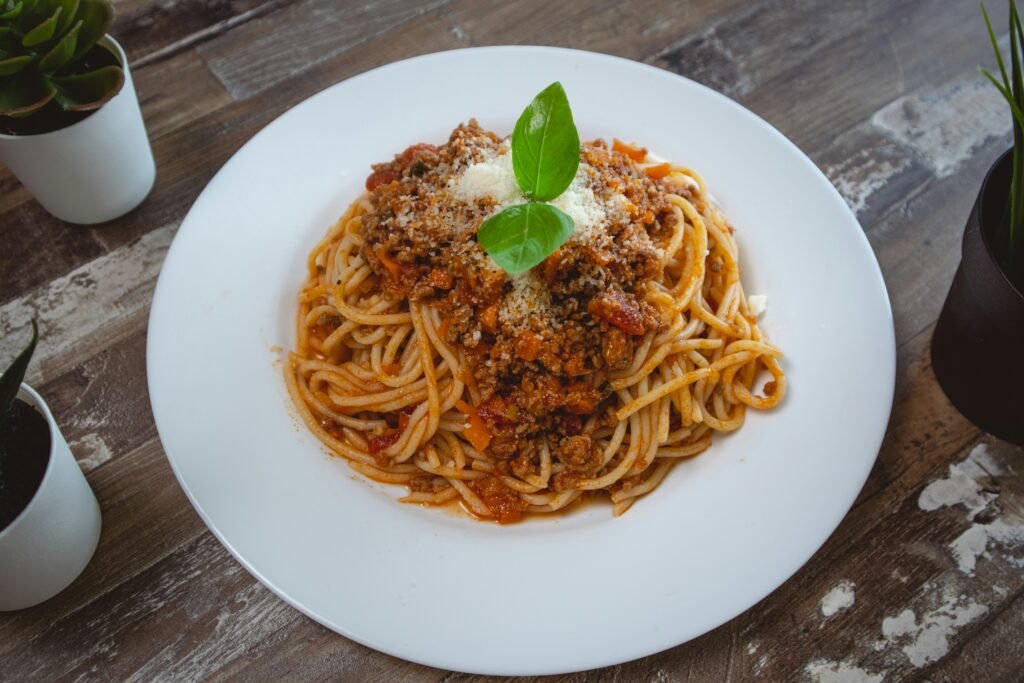
Day 4: Wednesday
Breakfast: Peanut Butter Toast
Spread peanut butter on toast. Simple, filling, and provides protein to start the day.
Lunch: Leftover Pasta
Reheat leftover pasta from Tuesday’s dinner. Add a little water when reheating to refresh the sauce.
Dinner: Bean and Rice Burritos
Mix cooked rice with seasoned beans (cook dried beans with onions, garlic powder, and salt). Fill tortillas, add cheese if available, and fold into burritos.
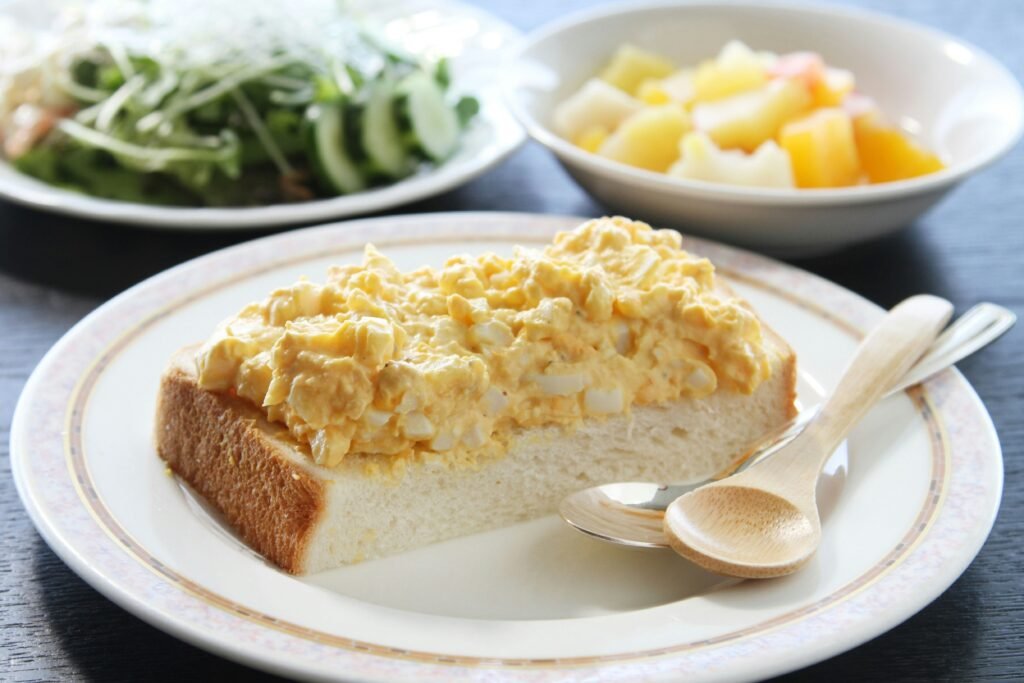
Day 5: Thursday
Breakfast: Oatmeal with Bananas
Repeat the hearty oatmeal from Day 1. Consistency helps with budget planning and simplifies your morning routine.
Lunch: Egg Salad Sandwiches
Hard boil 6 eggs, chop, and mix with a little mayo and salt. Serve on bread with any available vegetables.
Dinner: Potato and Vegetable Frittata
Slice remaining potatoes and fry with onions. Beat 6 eggs, pour over potatoes, and cook until set. Add any leftover vegetables and cheese if available.
Day 6: Friday
Breakfast: Yogurt with Oats
Repeat the yogurt and oats breakfast from Day 3. Add any remaining fruit for natural sweetness.
Lunch: Leftover Frittata
Reheat slices of Thursday’s frittata. Tastes great cold or at room temperature too!
Dinner: Tuna Pasta Salad
Cook 1/2 pound of pasta, cool, and mix with 1 can of tuna, diced carrots, and a little mayo. Season with salt and pepper.

Day 7: Saturday
Breakfast: Pancakes
Mix 2 cups flour, 1 tsp baking powder, pinch of salt, 2 eggs, and 1.5 cups milk. Cook on a hot griddle until golden. Use this affordable non-stick griddle for perfect results.
Lunch: Bean Soup
Simmer remaining beans with diced carrots, onions, and any leftover vegetables. Season with salt, pepper, and garlic powder.
Dinner: Fried Rice
Sauté diced onions and carrots. Add leftover rice, any remaining vegetables, and scramble 2 eggs into the mixture. Season with soy sauce if available.
Leftover Tips to Minimize Waste
Making this $50 budget work means using every scrap of food efficiently:
- Save vegetable peels and ends in a freezer bag to make stock
- Turn stale bread into croutons or breadcrumbs
- Freeze leftover cooked rice for quick fried rice later
- Use chicken bones to make broth for soups
- Repurpose leftover vegetables into frittatas, soups, or fried rice
Dietary Substitutions
Gluten-Free: Replace regular pasta with rice pasta and use corn tortillas instead of flour tortillas.
Dairy-Free: Substitute dairy milk with water for oatmeal and pancakes. Skip cheese or use dairy-free alternatives if budget allows.
Vegetarian: Replace chicken with extra beans and eggs. Use vegetable broth instead of chicken broth.
5 Budget-Friendly Amazon Kitchen Tools That Save Money
The right kitchen tools can help you stretch your grocery budget even further. These affordable items make meal prep easier and help you get the most from your ingredients:
Digital Kitchen Scale
Precise portioning helps prevent overeating and food waste. This affordable scale makes it easy to divide ingredients equally.
Simple Rice Cooker
Perfect rice every time with no monitoring. Cook rice, beans, and even oatmeal with this versatile, time-saving device.
Meal Prep Containers
Batch cook and portion meals for the week. These containers help organize leftovers and prevent food waste.
Basic Slow Cooker
Turn tough, inexpensive cuts of meat and dried beans into tender, flavorful meals with minimal effort. Perfect for busy families.
Reusable Food Storage Bags
Save money and reduce waste by replacing disposable plastic bags. Perfect for storing leftovers and portioning ingredients.
You Can Feed Your Family Well on $50 a Week
Feeding a family of four on just $50 a week is challenging, but absolutely possible with careful planning and smart shopping. This meal plan proves that nutritious, satisfying meals don’t have to break the bank.
The key is focusing on versatile, filling ingredients that can be used in multiple ways throughout the week. By cooking from scratch, minimizing waste, and making the most of every ingredient, you can stretch your grocery budget further than you might have thought possible.
Remember that this $50 meal plan is just a starting point. As you become more comfortable with budget cooking, you’ll discover your own favorite recipes and strategies. The most important thing is to plan ahead, be flexible, and focus on simple, wholesome ingredients that give you the most nutrition for your dollar.
This post may contain affiliate links, which means we might earn a small commission (at no extra cost to you) if you decide to make a purchase through one of these links. Thanks for your support!

